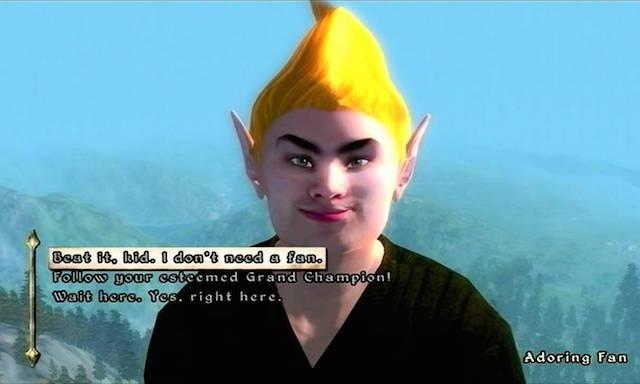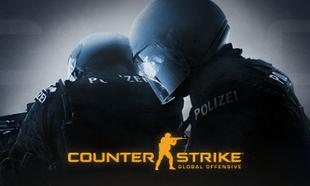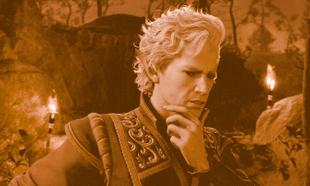For a game that's coming up on its tenth anniversary, 'Skyrim' is still available and still widely played on the PlayStation 5.
A recent mod allowing players to make full use of its ability to produce 60 frames per second on the console has given it new life, not to mention the vast library of graphic-enhancing mods for it, all of them bringing the hills of Falkreath and the stones of Solitude to life in a way that the vanilla game never could.
'Skyrim' was a game that lived in a greyer, murkier world. The barrows and caves that weaved and intertwined underneath the frost-bitten overworld were lit by candles or by the glow of mushrooms in Blackreach. The swords, knives, and axes were dull grey and rarely shone in the sun. Dragons had no glint or gleam on them, and glided through mottled skies to land on harsh, moss-covered stones to do damage.
Loading up a game that has as many years on it as 'Oblivion' is always a lesson in expectations versus reality. You remember games completely different than from what they are. It's only in hindsight that you realise imagination fills in so many of the blanks in a game's landscape. Mountains seem higher, enemies seem smarter, skies filled with more clouds and more sunlight, castles seem deeper, non-playable characters seem more real.
When there's enough there to fill that gap, games can live on forever. 'Skyrim' loaded itself up with minute details and gave itself a density. Not in side missions, or in levelling up one's character - though it had plenty of that. When you're traversing the map on 'Skyrim', you'll always find something. You come through a forest and can wander into a barrow. You take a torch through a cave and you'll end up in Blackreach somehow. The map always seemed filled with endless places to go and see.
'Oblivion', fifteen years on, is a game that's made up of empty and open spaces. There is no massive cave network, but there is a collection of tomb puzzles. The villages and towns aren't quite as crowded, but they're lively with characters. When you walk over a mountain in 'Oblivion', you see a verdant land of make-believe, lush with greenery and Windows XP blue skies. The banal, jagged conversations between NPCs almost has a Monty Python-esque quality to it.
When you wander through Cyrodiil, the sun in the sky and the moon at night look barely recognisable now. You can clearly see that it's a static image slowly moving across the screen, not some wondrous feat of programming. Yet, there's a charm to it unlike any other roleplaying game of this age.
There's a real silliness in 'Oblivion' that's so often overlooked. Sure, the game may boast a cast that includes Sean Bean, Sir Patrick Stewart, and Terence Stamp - but think about how long Sir Patrick Stewart is in the game. He's killed off within the first twenty minutes of the game, for one. Not only that, when you eventually do meet the evil Daedric Prince behind it all, Mehrunes Dagon, he's this laughably oversized creature who stands still and lets you hit him with your sword or mace with ease.
It's telling that 'Oblivion' has become a subject of internet comedy over the past couple of years. Joe Biden's inauguration has been turned into a scene from 'Oblivion'. Public freakouts caught on camera are often re-edited with exploration music from the game, with the fight music changing as things become heated in the video.
While these may be taking the structure or identifiers of 'Oblivion' and using them for comedic effect, it's a very funny game - and not just in unintentional moments either. The adoring fan of the Grand Champion is far too silly to ignore. There's a poorly scrawled note from a literal troll who decides to throw themselves off a bridge. When you travel to the Shivering Isles, you encounter an Argonian thief called Runs-In-Circles who constantly says 'Ni!'. There's even a character - M'aiq The Liar - who was essentially spouting the developer's gripes about making the game, such as the difficulties of trying to make levitation work in the game (it never made it in), as well as crossbows (eventually made it into 'Skyrim').
Though the limitations of the game are present, the creaking nature of its programming and graphics, and the ephemeral nature of gaming itself means that we might have moved on from 'Oblivion', it's worth remembering a game a lot stranger and funnier than initially realised. Role-playing games nowadays are so often marked out by how seriously they take it, desperate to imbue the game with emotional impact to connect the player with a story.
Humour is an emotion, too. 'Oblivion' dared to have a sense of humour about itself.








































































